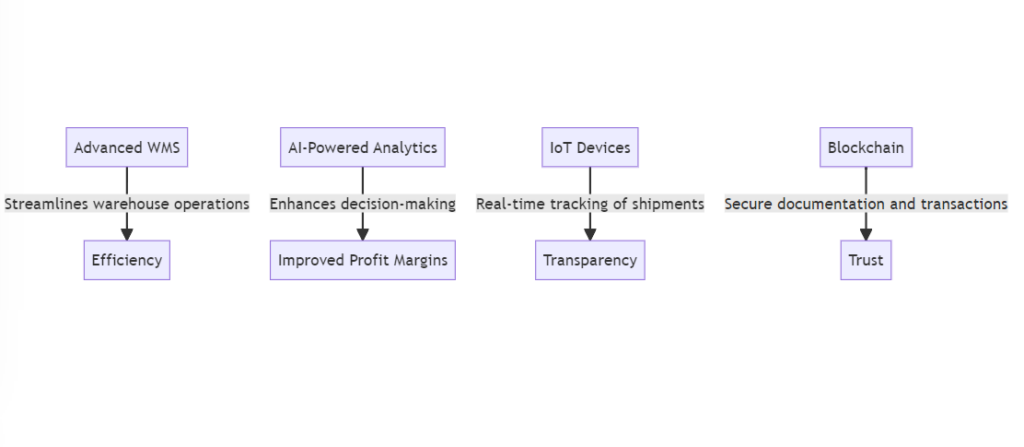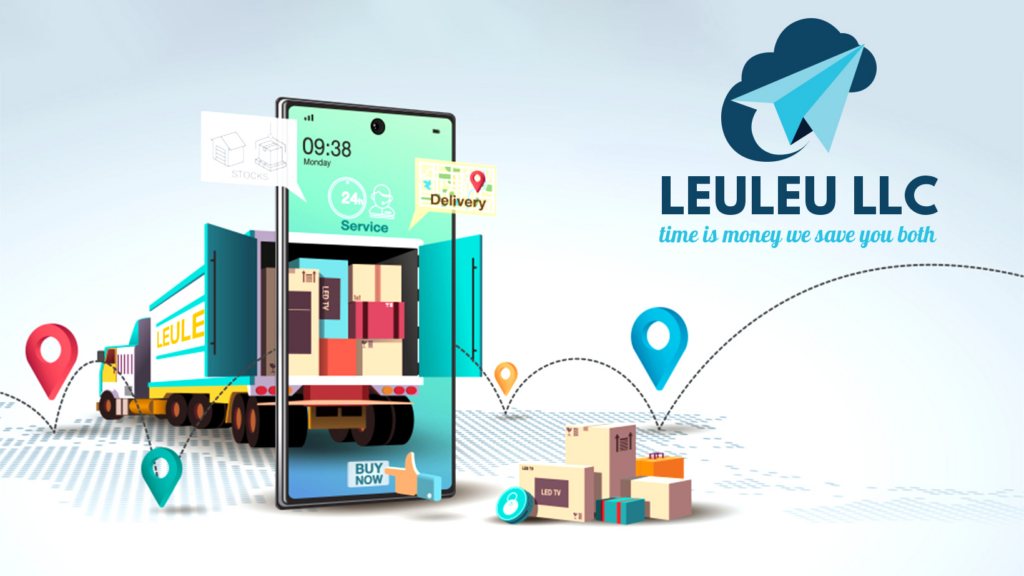
Understanding the Intricacies of Logistics Service Providers? In today’s complex business world, we recognize that delivering products to customers in an efficient, cost-effective manner is of paramount importance. As such, logistics service providers (LSPs) serve a vital role, and we’d like to delve deeper into understanding the ins and outs of this essential industry.
What is a logistics Service Provider?
A logistics service provider is a company that specializes in managing the transportation, warehousing, and distribution of goods. They coordinate the movement of products through different modes of transportation, maintain warehouses, and offer value-added services like order fulfillment and packaging. Logistics service providers play a crucial role in optimizing supply chain operations, reducing costs, and improving efficiency for businesses.
Who are Logistics Service Providers?
Logistics service providers, at their core, offer specialized logistics services within the supply chain. These services encompass transportation, warehousing, distribution, and value-added services, such as product consolidation and order fulfillment. Partnering with a reputable LSP allows businesses to outsource complex logistics operations, fostering efficiency, and focusing on core competencies.
The Spectrum of Services Offered by LSPs
LSPs offer a comprehensive range of services to simplify supply chain management, while enhancing speed, efficiency, and reliability.
Transportation Services
The core function of LSPs revolves around transportation – ensuring that products move from origin to destination efficiently and on schedule. This can involve ground freight, air freight, rail, or maritime transportation.
Warehousing and Distribution
Apart from transportation, LSPs provide warehousing solutions to store products safely and securely. They further handle distribution, ensuring timely delivery to the final consumers or retail outlets.
Value-added Services
To truly stand out, LSPs provide value-added services, such as kitting, assembly, packaging, and labeling. These services help businesses improve their operational efficiency and customer satisfaction.
The Integral Role of Technology in LSPs
In the era of digitization, the role of technology in LSPs cannot be overstated. From advanced warehouse management systems (WMS) to AI-powered logistics analytics, tech-savvy LSPs leverage cutting-edge tools to streamline operations and improve decision-making.

Selecting the Right LSP: Key Considerations
Service Compatibility
The first consideration should be whether the LSP’s service offerings align with your business needs. Do they offer the right mix of transportation, warehousing, distribution, and value-added services?
Technological Capabilities
Examine the technological capabilities of the LSP. Do they use advanced tools like AI, IoT, and blockchain to streamline and secure their operations?
Reputation and Reliability
Consider the LSP’s reputation and reliability. Do they have a proven track record of meeting commitments and deadlines?
Why Successful Ecommerce Businesses Partner with Logistics Service Providers?
In the competitive ecommerce landscape, top businesses understand the crucial role of superior logistics. This extends beyond simple goods transportation—it’s a key factor in customer satisfaction, business growth, and gaining a competitive edge. That’s where the value of logistics service providers (LSPs) shines.
Boosting Operational Efficiency
Top ecommerce businesses enhance efficiency through LSPs. By delegating complex logistics tasks to LSPs, they focus more on core operations. LSPs, with their industry knowledge and advanced tech, optimize operations and reduce costs.
Scaling with Ease
Ecommerce businesses frequently face rapid growth, making operational scaling a challenge. With a strong LSP partnership, businesses can scale logistics smoothly without substantial capital investment. LSPs effectively manage everything from warehouse expansion to handling increased order volumes.
Exploring New Markets
One of the key advantages of ecommerce is the ability to reach customers worldwide. However, navigating the complexities of international logistics can be overwhelming. Here, LSPs shine. With their global networks and expertise in cross-border logistics, LSPs enable businesses to explore new markets confidently.
Staying Ahead with Advanced Technology
In the fast-paced ecommerce environment, keeping up with cutting-edge technology is key. Progressive LSPs utilize sophisticated tools like AI, IoT, and blockchain to provide data insights, improve visibility, and secure operations, giving ecommerce businesses a competitive advantage.
Customer Benefits From Logistics Service Providers
Indeed, customers reap significant benefits from the operations of Logistics Service Providers (LSPs), in ways that enhance their overall shopping experience.
Reliable Delivery Times
LSPs ensure timely and accurate deliveries. As such, customers can rely on consistent delivery schedules, leading to a predictable and satisfying shopping experience.
Superior Product Handling
LSPs’ professional handling and storage of products often result in fewer damaged goods, ensuring that customers receive their purchases in pristine condition.
Enhanced Customer Service
Many LSPs offer advanced tracking systems. This technology grants customers real-time visibility of their orders, boosting their confidence in the ecommerce business and enhancing their overall experience.
Efficient Returns Management
LSPs often streamline the returns process, making it easier for customers to return or exchange items when necessary, leading to higher customer satisfaction.
Top 4 Logistics Service Providers In The Industry
Navigating the logistics industry can be a complex endeavor. Among numerous contenders, three companies stand out for their exceptional services, technological innovation, and global reach: LeuLeu, DHL, UPS, and FedEx.
LEULEU : A Strong Logistics
Leu Leu LLC is a best-in-class logistics and fulfillment provider that goes beyond picking and packing, with an international fulfillment network, proprietary technology, built-in inventory and order management tools, dedicated customer support, and more. LeuLeu partners with brands to help reduce shipping costs with the ability to split inventory across multiple fulfillment center locations.

DHL: A Global Powerhouse
DHL is renowned globally for its comprehensive logistics solutions. With its vast network spanning over 220 countries, DHL offers unparalleled international shipping expertise. Their services encompass express parcel delivery, freight transportation, supply chain management, and more, all backed by advanced technological solutions.
UPS: Driving Commerce with Smart Logistics
United Parcel Service (UPS) is a stalwart in the logistics industry, offering an array of services from package delivery to supply chain solutions. Their operations are built around an advanced logistics network, ensuring efficiency and reliability. UPS’s commitment to innovation is evident in their continuous adoption of cutting-edge technology to improve delivery speed, accuracy, and customer satisfaction.
FedEx: Connecting People with Possibilities
FedEx is another industry leader that has built a reputation on speedy and reliable delivery services. Beyond delivery, FedEx offers freight forwarding, customs brokerage, supply chain solutions, and more. Their robust infrastructure, commitment to innovation, and customer-centric approach make FedEx a top choice for businesses globally.
These four logistics service providers exemplify the industry’s best, delivering top-notch services, innovative solutions, and a broad global reach that empower businesses to operate more effectively and reach customers around the world.
The Transformative Impact of LSPs on Business
By partnering with the right LSP, businesses can streamline their supply chain operations, reduce costs, and enhance customer satisfaction. In doing so, businesses are free to focus on what they do best – creating and innovating excellent products.
In conclusion, logistics service providers are not just third-party entities; they are essential partners that drive operational efficiency and business growth. As the world of logistics continues to evolve, the importance of partnering with a competent, technology-driven LSP is more crucial than ever before.
Landed Cost: What It Is And A Detailed Analysis for Businesses